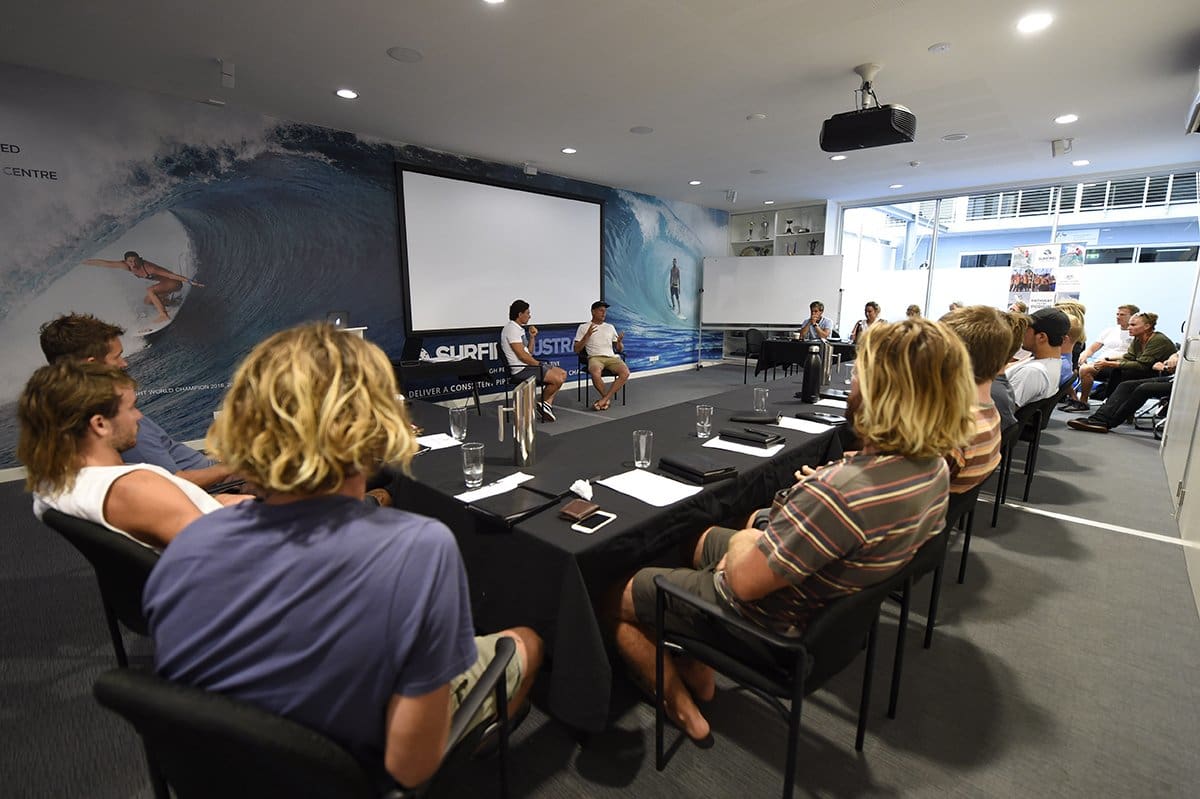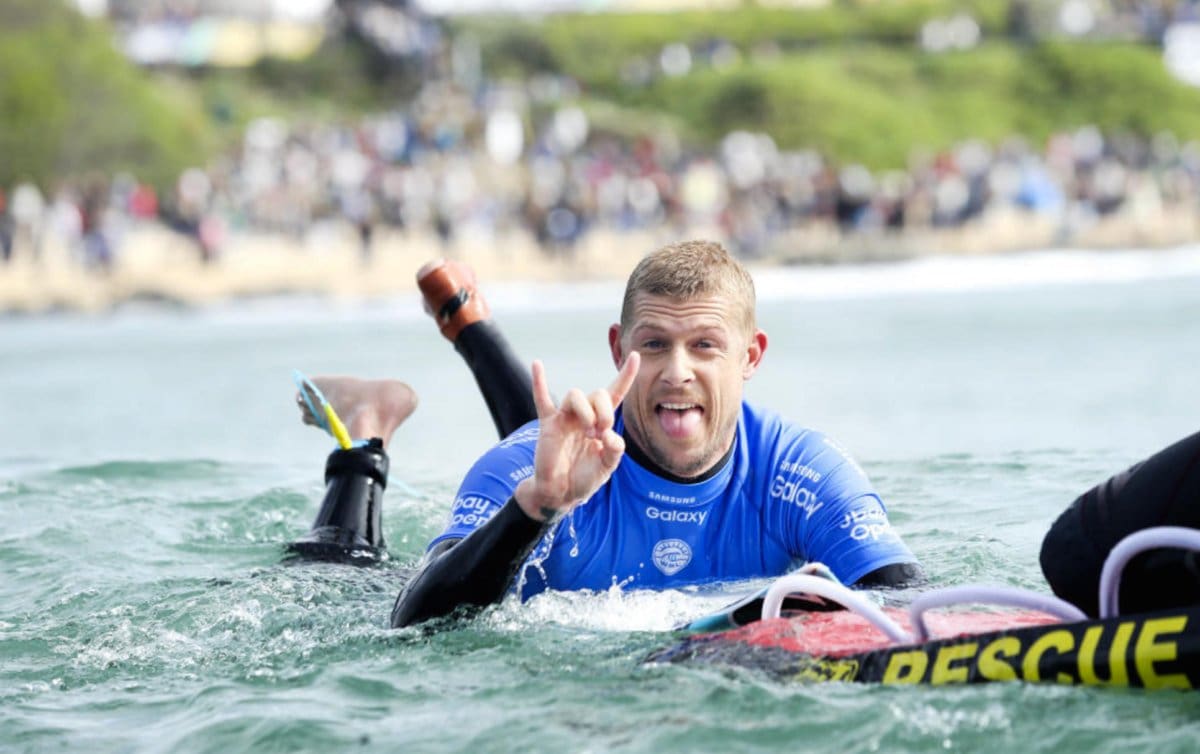Surfing in the 2020 Summer Olympics, Tokyo, Japan
It’s officially, official. Surfing is now an Olympic Sport.
On August 3rd, 2016 it was announced that the IOC voted to add surfing the 2020 Summer Olympic being held in Tokyo, Japan.
But this doesn’t come with skepticism from professionals, enthusiasm, and brands.
It has been released by officials from the IOC (International Olympic Committee) that surfing will be held in the ocean, and not in a wave pool. The venue will be Chiba, roughly a 45-minute train ride out of Tokyo.

The event will host 40 of the worlds best, 20 men, and 20 women. This will only consist of high-performance surfboarding, and not longboarding, bodyboarding or SUP.
The event has caused huge controversy though. Brands like Red Bull writing an open letter to the IOC titled “Dear Olympics: You need to be in a Wavepool”. This has been the general consensus from many leading action sports brands. Redbull brought up some very valid points in their letter. It’s agreed by most, that surfing should be held in a wave pool.
It’s been a long journey for WSL ( World Surfing League ) and the IOC to come to an agreement for the 2020 Summer Olympics. On one hand, the WSL has been hosting events such as the September 17-19th at Kelly Slater's Wave Pool Ranch.

It comes as no surprise that they’re all for wavepools. It’s not too late to change is the general consensus between pros and brands. But for countries like Australia. It's about preparing our athletes for what's to come.
The Australian Surf Business Magazine wrote a fantastic article about where Australia sits. Deciding who will represent Australia in the Tokyo Olympics won't be an easy task.
Amongst the favourites; Sally Fitzgibbons, a well known female surfer boasting over 517,000 Instagram followers. At just 27 she holds some impressive finishes. Currently sitting #8 in the world according to the World Surf League website.
Sally Fitzgibbons isn’t the only one invited to the readiness camp though. 24 surfers total were offered invitations. Surfers like Owen Wright, Matt Wilkinson, Julian Wilson, Tyler Wright, Adrian Buchan, Stephanie Gilmore, and Wade Carmichael to name a few.
Australian surfing has come a long way, we offer some of the greatest surfers the world has seen. Surfing Australia will lead the program which has made headlines around the world.

The introduction, the debut of surfing in the Olympics has seen many world renowned surfers speak up about what it means for the sport. They all offer their support to the athletes and the future of surfing.
Mick Fanning spoke with ESPN about the upcoming 2020 Olympic Surfing event. Stating “I believe surfing might be more than just a one-hit wonder at the Olympics, however, given Paris and Los Angeles are hosting the Games in 2024 and 2028 respectively”.
Although Mick is remaining modest stating “If the event is right, I feel right and I get offered it, maybe I'll throw my hand up but I'm not looking too far forward, I'm just enjoying what life is right now”. It is yet to be known who will compete for Australia on the world stage.

It’s not great news for everyone though, Hawaii is not happy the IOC does not consider them as a competing nation. This has caused huge debate and outcry on the inclusion of surfing, without Hawaii’s representation.
240 years ago, surfing was first introduced to the world, thanks to the ancient Hawaiian people. A nation that sees surfing as its national sport. There are early indications that Hawaii’s best surfers will be made compete for the USA Surfing Team.
A petition was started on change.org to have the IOC consider Hawaii as the founding country of the sport. To participate in the upcoming Tokyo event. I encourage any surfer, company, and brand, to sign the petition.
The exclusion of brands
Branding in surfing is like bread on a burger, Without it, you’re left with flavourless love.
It’s no wonder brands want to be included in the 2020 Tokyo Olympics. For them though, this is not the event.
It’s important to note, that like all the Olympic games before it, the 2020 games are no exception. Brands like red bull, Billabong, Roxy, and Hurley have two options.
- Become an official major sponsor of the Tokyo Games
- Don’t tweet, talk about, advertise or share anything to do with it.
The committee of the Olympics is, and have always been very strict on the terms of media and branding.
Surfboards, wetsuits, fins, and rashies will all need to meet strict advertising guidelines. Athletes will need to adhere to the rules also.
What official brands can say, and do
As an official brand, you would think you have right of passage to say, and do what you want. It has been reported to get one of these sponsorship deals, you’ll need to cough up up-to 100 million.
What they can do:
- Advertise while the games are in progress
- Enjoy exclusive advertising within their market category
- Mention the games on social platforms
- Permission to use the brand “Olympics” and related symbols associated
- Supply their goods and services on an exclusive basis within venues.
What they cannot:
- Conduct any advertising or promotion that hasn’t had prior preapproved.
Not an official brand?
So you’re not a mega-brand throwing up 100 million for permission to use branding? What can you say and do:
What you can do:
- You may run advertising of your athletes, however, you cannot reference the games, or imply they’re competing unless given prior approval.
What you cannot:
- Any attempt to falsely imply a connection between you, your brand and the games
- Create a new campaign featuring any athlete that is involved in the games, with or without mention of the Olympics.
- Use any brand name, slogan, logo or marketing material that is owned by the committee.
- Use any related term to the Olympics including but not limited to “Victory, Games, Medal, Bronze, Silver, Gold”.
Athletes and branding
For athletes in the Tokyo 2020 games, they’ll need to follow strict guidelines such as:
They Can:
- Share their experiences with the games on social platforms
- Show photos and videos
- Use Olympic Symbols ( not in a commercial context )
- A nod to the brands that sponsor them or appear in generic ads for those brands, so long as there are no overt references to the Olympics or use of Olympic terminology
They Cannot:
- Post or talk about their personal brand sponsors or mention any branded products
- Mention or promote any organisation they support
- Share, post or show any photos or videos of the actual competition
- Wear, or use any branded apparel that isn’t official Olympic property.
These all seem like pretty straightforward rules, but for surfers speaking of their brands is second nature. These brands paid for their journeys, their entry fees, and provided free equipment. Typically, a surfer has their main brand for their entire career.
Qualifications into the 2020 Games
The official documentation can be seen here: http://isasurf.org/downloads/FINAL-2018-03-16-Tokyo-2020-Qualification-System-Surfing-eng.pdf
But for those who haven’t got the time in their day to read over the 5-page document. We have put together the key points below.
The key elements of the qualification system are as follows:
- 20 men, 20 women.
- Maximum of 2 surfers per gender per National Olympic Committee (NOC).
- Qualification spots will be earned on an individual basis, by name.
- In accordance with IOC guidelines, the qualification events have been determined in hierarchical order of qualification, as further explained below; If two surfers of a gender have qualified through the first hierarchical order, that NOC will not be able to qualify more surfers of that gender through qualifying events lower in hierarchical order.
- All surfers selected by their respective National Federations for their national teams must participate in 2019 and 2020 ISA World Surfing Games in order to be eligible for Olympic qualification. The final details of the eligibility requirements are still under review by the ISA and the IOC.
The hierarchical order of qualification will be as follows:
- 2019 World Surf League Championship Tour: First 10 eligible men and first 8 eligible women.
- 2020 ISA World Surfing Games: First 4 eligible men and first 6 eligible women.
- 2019 ISA World Surfing Games: 4 men and 4 women selected based on their continent. Top finishing eligible surfer of each gender from Africa, Asia, Europe, and Oceania.
- 2019 Pan American Games: First eligible man and first eligible woman in the surfing competitions.
- Host nation slot: One man and one woman slot will be guaranteed for the host nation of Japan unless already filled through the above hierarchies. Should athletes from Japan qualify regularly, their slots will be reallocated to the highest ranked eligible surfers from the 2020 World Surfing Games.
Being that no more than 3 surfers from any given country (per gender) will be invited. Unlike many other sports, where if you can run the fastest, you’re invited. If you can jump the highest or longest. Surfing doesn’t have that. On any given day, the waves might work in favour of one rider, over another.

This makes the selection process incredibly hard. The selection process for each country will be under immense pressure. Having their best riders to represent their country.
Whilst the world prepares for the opening ceremony. The ISA President Fernando Aguerre and professional surfers alike have their eye elsewhere. Whether the event will stay scheduled for Chiba, or take the professionals advice and move to a wavepool.
